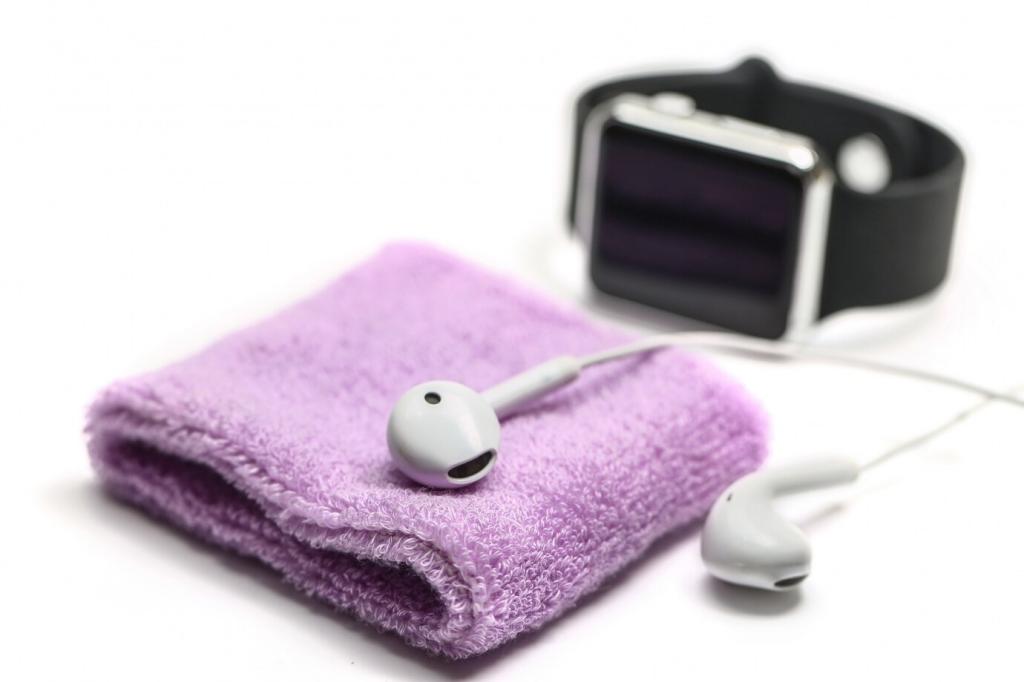
The Role of AI in Wearable Health Monitoring
Artificial intelligence (AI) is revolutionizing the way individuals manage and monitor their health through wearable devices. These advances help transform raw physiological data into meaningful, actionable insights that empower users and healthcare professionals alike. The integration of AI into wearable health monitoring is extending the capabilities of these devices far beyond basic activity tracking, ushering in a new era of personalized, proactive healthcare.
AI-Driven Insights in Wearable Devices
AI algorithms process data from sensors such as heart rate monitors, accelerometers, and gyroscopes to generate personalized health metrics. Instead of merely reporting step counts or average heart rates, AI evaluates data trends over time to establish baselines unique to each user. This personalized approach enables more accurate detection of deviations that may signal health concerns, offering users tailored feedback relevant to their specific physiology and lifestyle.


Real-Time Glucose Monitoring
Advancements in continuous glucose monitoring systems leverage AI to interpret blood sugar trends for individuals managing diabetes. The integration of predictive analytics allows wearables to anticipate glucose fluctuations, alerting users before dangerous highs or lows occur. AI-driven insights help users and their care teams optimize medication dosages and lifestyle choices, minimizing the risks associated with unpredictable glucose levels.

Cardiac Health Surveillance
AI-powered wearables are capable of continuously monitoring cardiac activity, offering timely detection of arrhythmias or early warning signs of heart failure. Through detailed analysis of electrocardiogram (ECG) data, AI can discern subtle irregularities that might escape periodic manual checks. These automatic assessments ensure actionable alerts are transmitted to users or healthcare professionals, supporting proactive and responsive chronic cardiac care.

Enhancing Respiratory Care
Respiratory monitoring wearables utilize AI to track variables such as breathing rate, oxygen saturation, and coughing patterns. AI algorithms contextualize this information with environmental and activity data to identify trends that may indicate worsening conditions for patients with asthma, COPD, or other chronic illnesses. This predictive insight supports timely interventions, potentially reducing hospitalizations and improving quality of life for individuals with chronic respiratory issues.
AI continuously monitors complex data streams from wearables to identify subtle changes that may indicate the onset of disease. Unlike traditional healthcare models that often rely on periodic clinic visits, these technologies enable real-time detection of anomalies, enabling users to seek early medical attention. This shift from reactive to preventive care represents a significant stride toward better overall health management.

